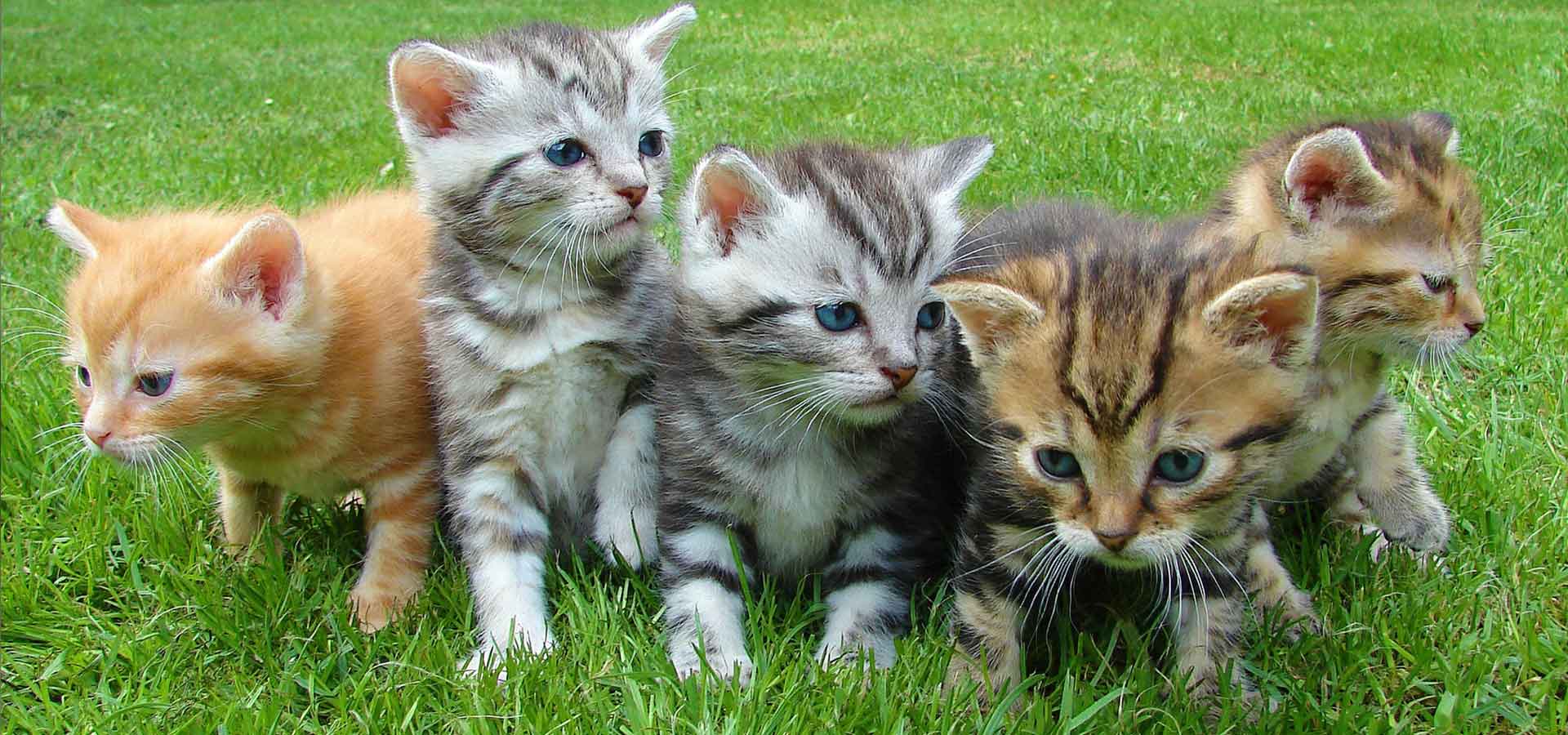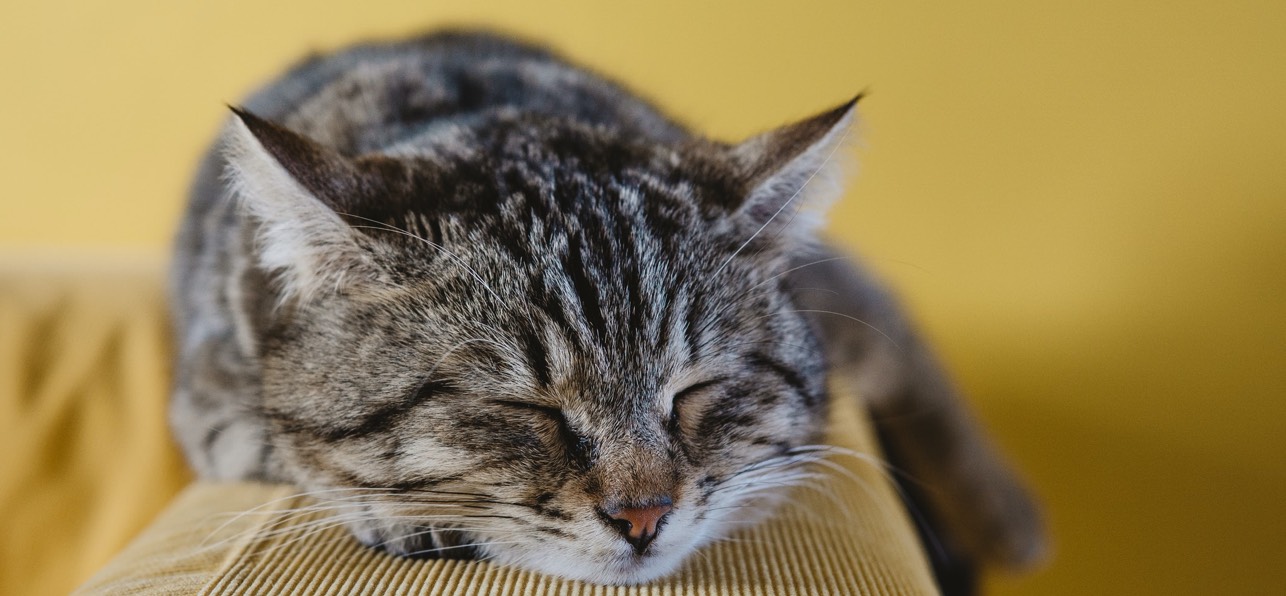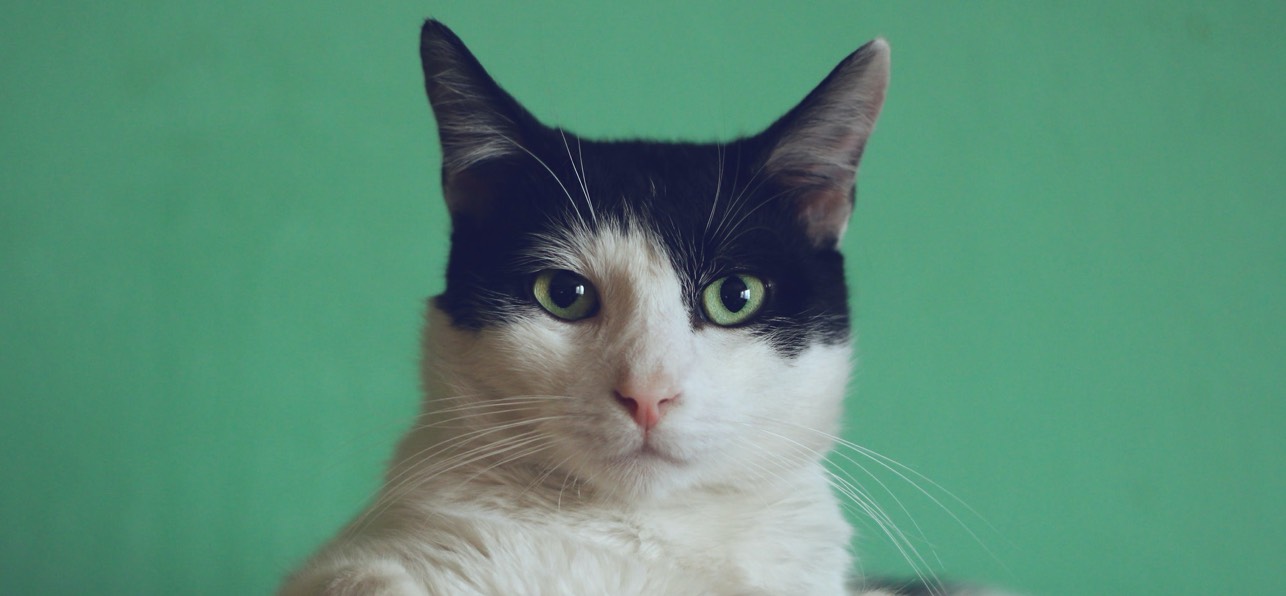A typical pedigree cat is bred to specific standards and behavioural characteristics. As with pedigree dogs, a pedigree cat can be used to breed from and shown in various cat shows within the UK.
A Pedigree cat is identified and registered with the main registered bodies in the UK, the GCCF which is the UK's equivalent to the Kennel Club. A registered pedigree kitten should be a certified and also be registered during the time in which you purchase or adopt.
Pedigree cats are gorgeous, as is your average Moggie. Before looking to own or adopt a pedigree cat, you will need to understand the priorities of owning a pedigree cat and what predisposed genetic health issues your Pedigree cat may be predisposed to.
Search for the right breeder
Before you commit to buy or adopting your kitten or cat, you should do plenty of research into the most suitable cat breed for you and your family. It's also worth having a conversation with a reputable breeder about the future health of your cat. Your breeder should know the history of the cat and its parents. This would be the right time to ask any questions you have about the kitten you're interested in. If you are at all hesitant and the breeder isn't cooperating as they should be, then you should walk away and report the breeder ASAP.
A responsible breeder will want to discuss what your intentions are, whether you will be looking to show them, potentially breed from them, or simply make them a household cat. At this point, It is normal for the breeder to request a deposit to secure the cat (which is non-refundable) This will then be refunded from the total amount payable. It's important that you ask for a payment receipt for this transaction.
Kittens health
The kittens should be playful and be enjoying the attention during your visit. If any of the kittens show nervousness, appear scared, or sad, then you should report this to the RSPCA. This is a good time to ask more questions and look out for ill health signs such as visible ear infection, signs of diarrhoea or fleas. A healthy kitten should have bright, clean eyes and show no signs of infection. At this stage, the breeder should introduce you to the litter and teach you how to hold and handle the kittens. If anything seems wrong then it is important that you don't let your heart rule your head and take an unwell kitten home. This is a job for the RSPCA.
Picking up your kitten and their paperwork
Kittens should leave their mothers around the age of 14 weeks and be fully vaccinated, trained and weaned. During the collection of your kitten, you will need to collect their paperwork. The paperwork will include the kitten's pedigree and registration document, which should be signed. Further information on this can be found in our pet advice section.
Seeing the paperwork and having your own copy is very important. If the breeder has chosen to use two different pedigree of cats to mate, this means that the kittens are not pedigree and would be classed as crossbreeds.
You will need to also collect the kitten's certificate of vaccination to ensure that they've received their two different vaccinations against cat flu and FIE. You will need to ask the breeder if they've microchipped the kittens and if so, you must receive the paperwork for this as well and make sure the details are changed to your contact details. If the breeder hasn’t microchipped the kitten, then we recommend that they are microchipped for their own safety.
It is important that you request the insurance details and the accompanying paperwork. Most leading insurance providers offer the first month for free when the kitten is at their most vulnerable. For insurance recommendations, please visit our pet insurance advice page for further information.
The breeder should have placed the kitten on a specific diet and will need to provide you with a diet sheet of what the kittens have been fed and should be fed when you take them home.
After you have gone over all of the above the breeder should request you to sign some documentation to prove that everything was explained and relevant paperwork was given. It is important that both parties sign the paperwork.
Taking your kittens home
As with any experienced, dedicated breeder, they will be in touch to check how the kitten is getting on and as a reputable owner, you should be involved with the breeder in the initial stages. If you experience any issues with the kitten after you take them home then you should let the breeder know straightaway. For further information on cat advice, please visit our cat advice section.




